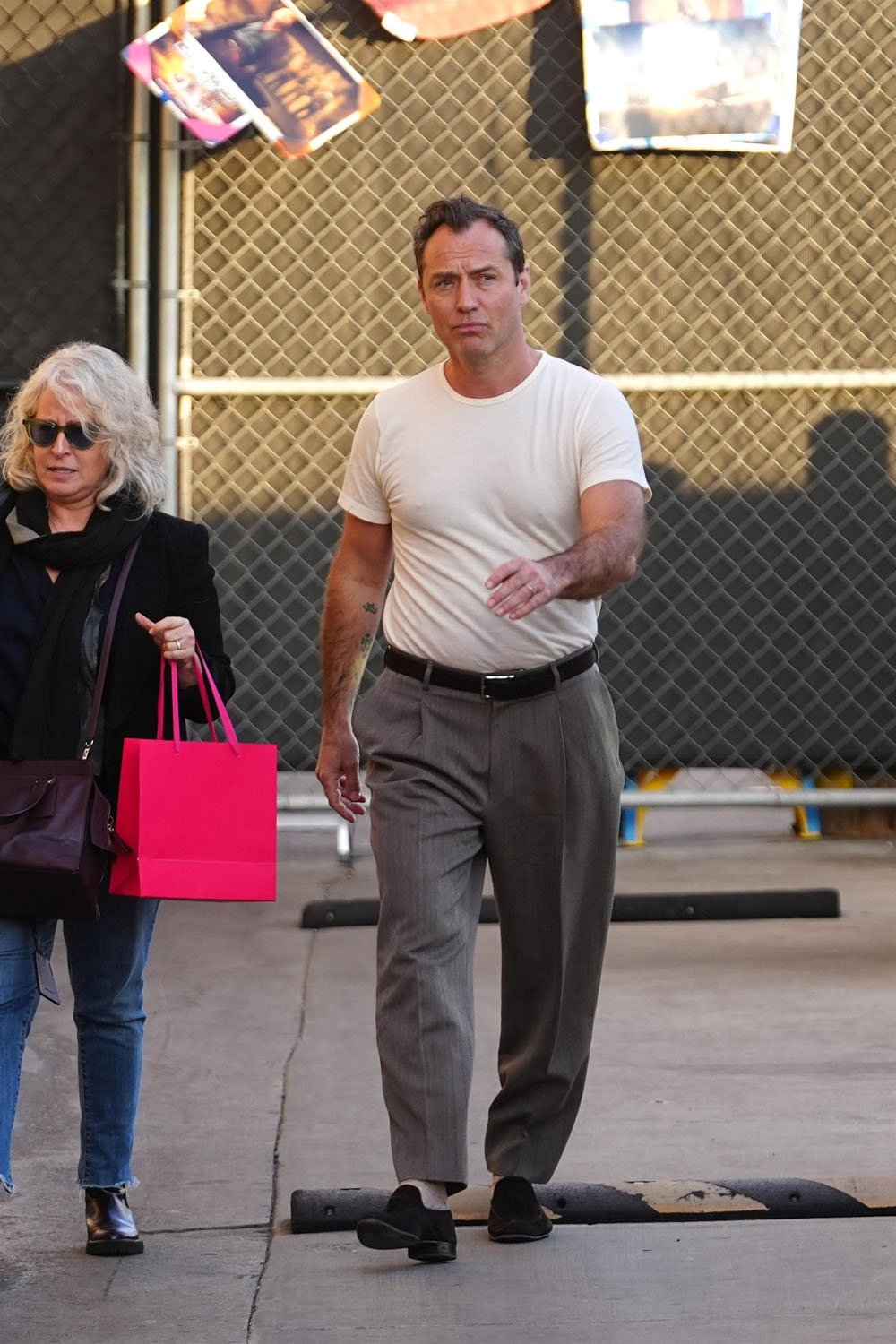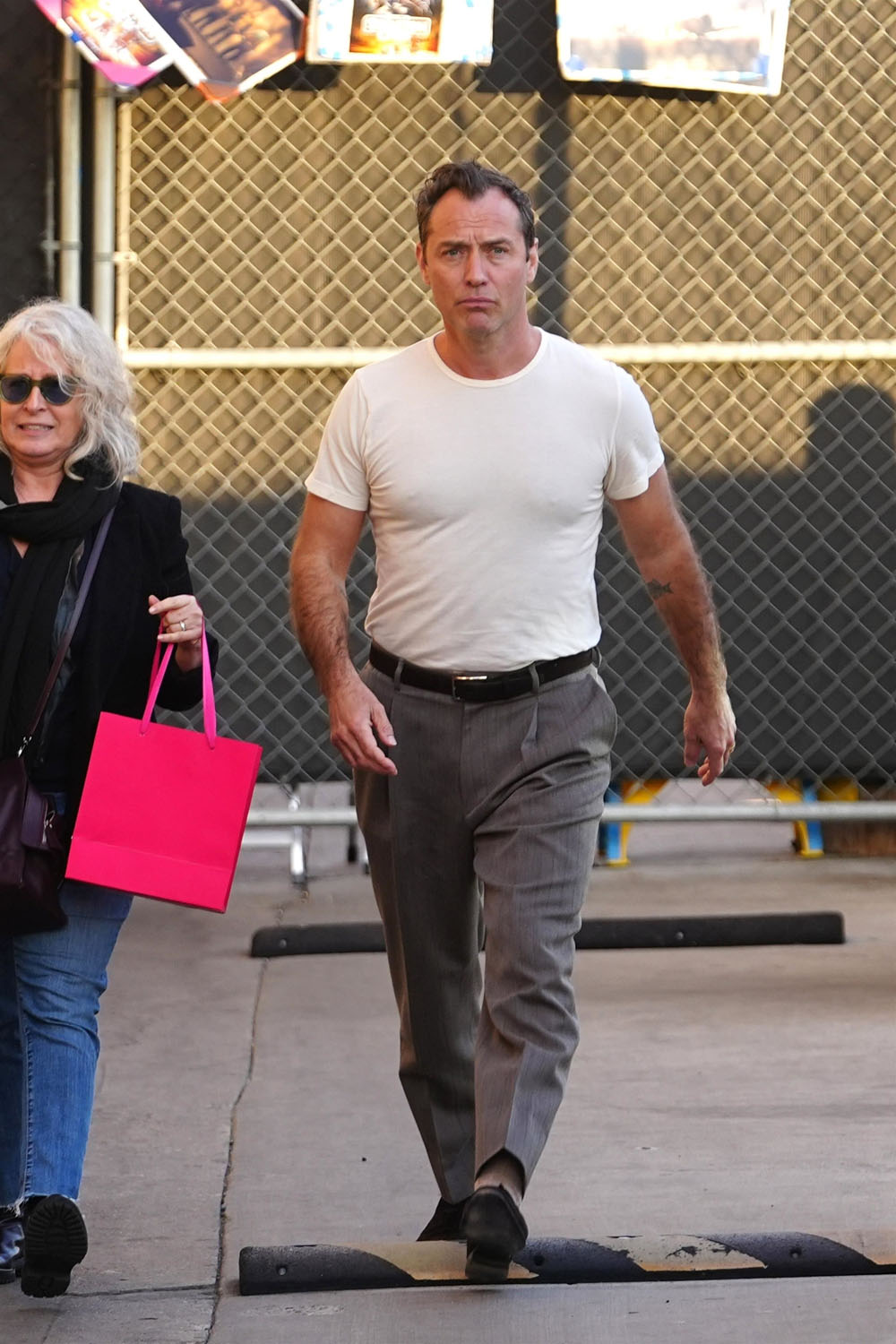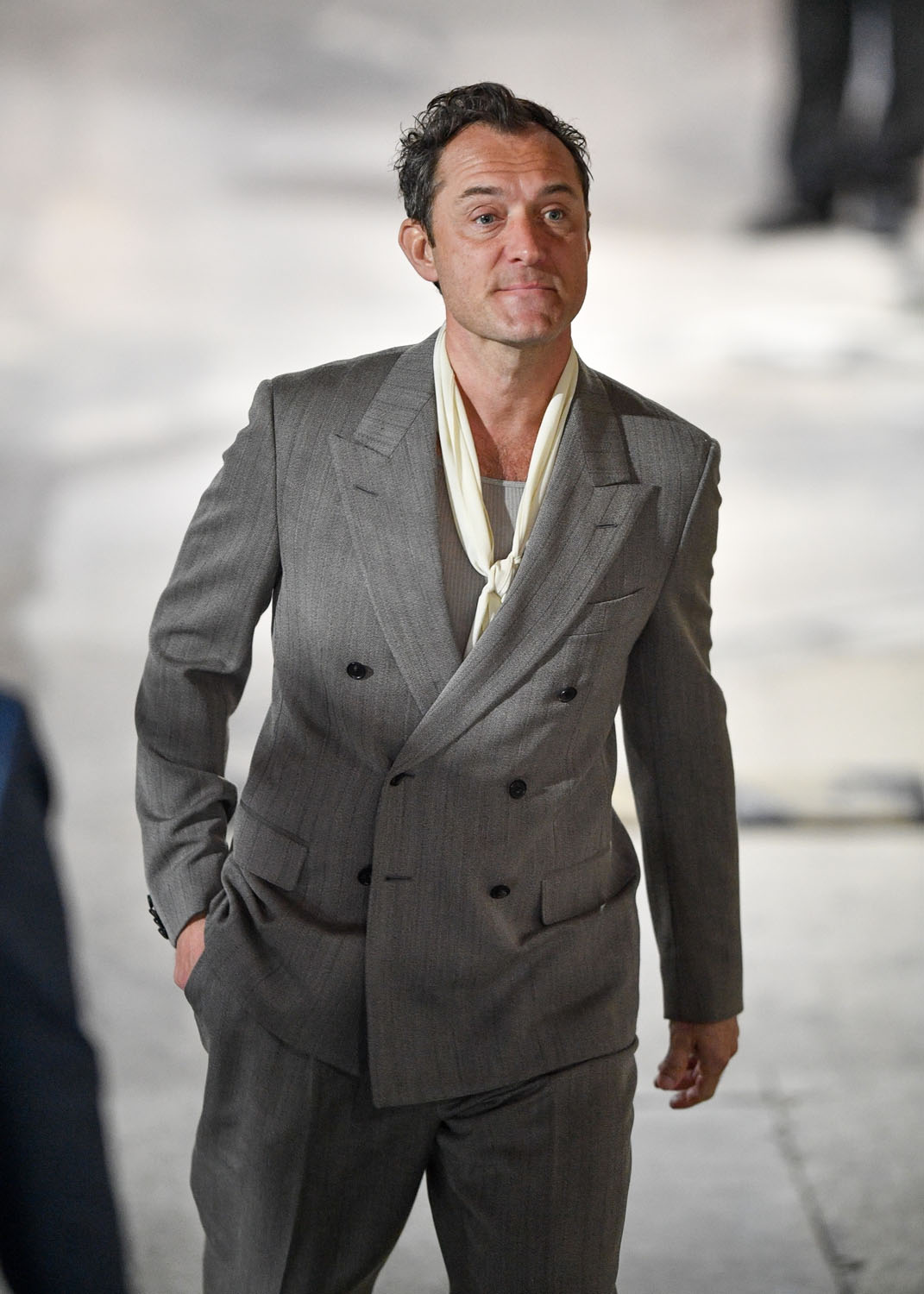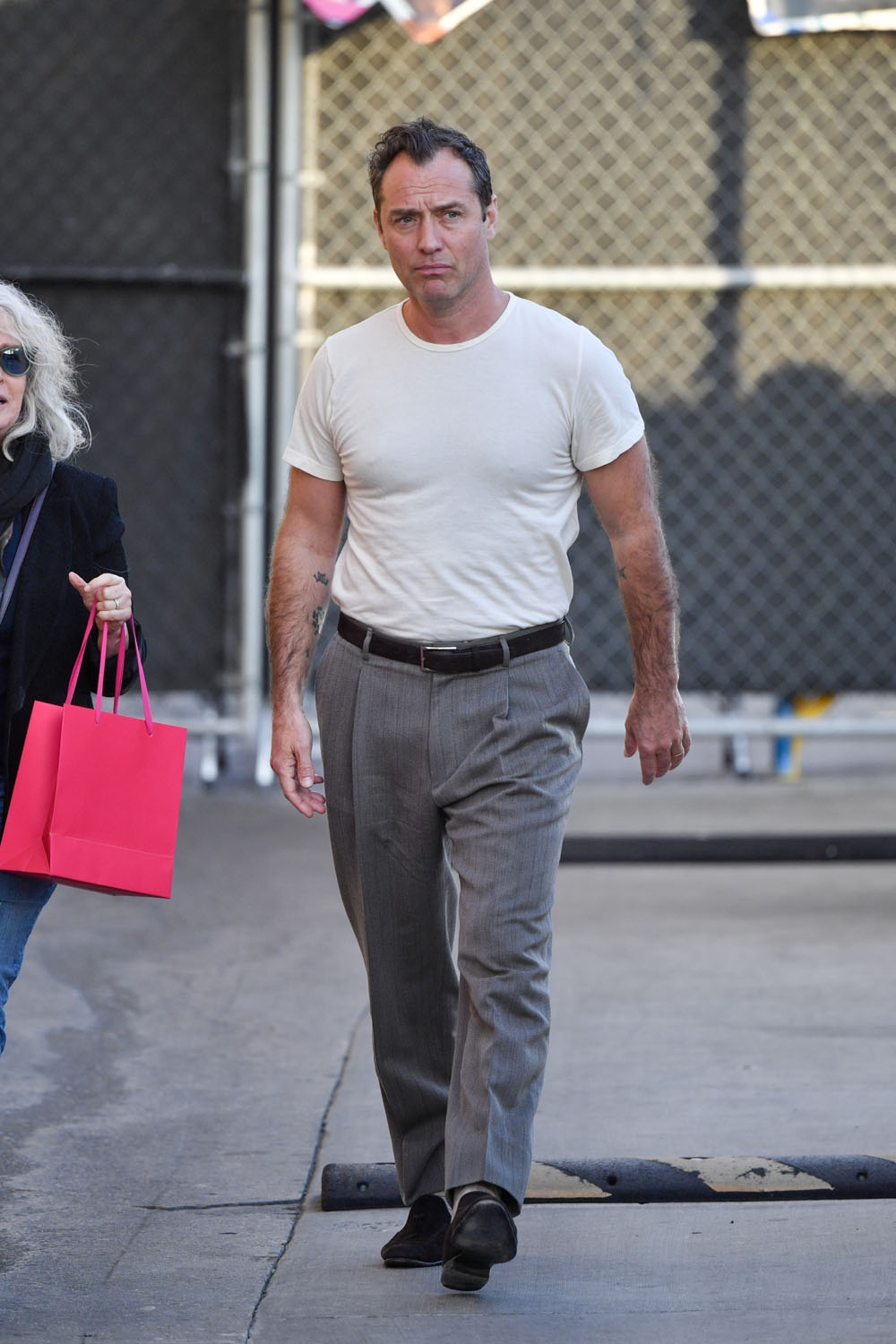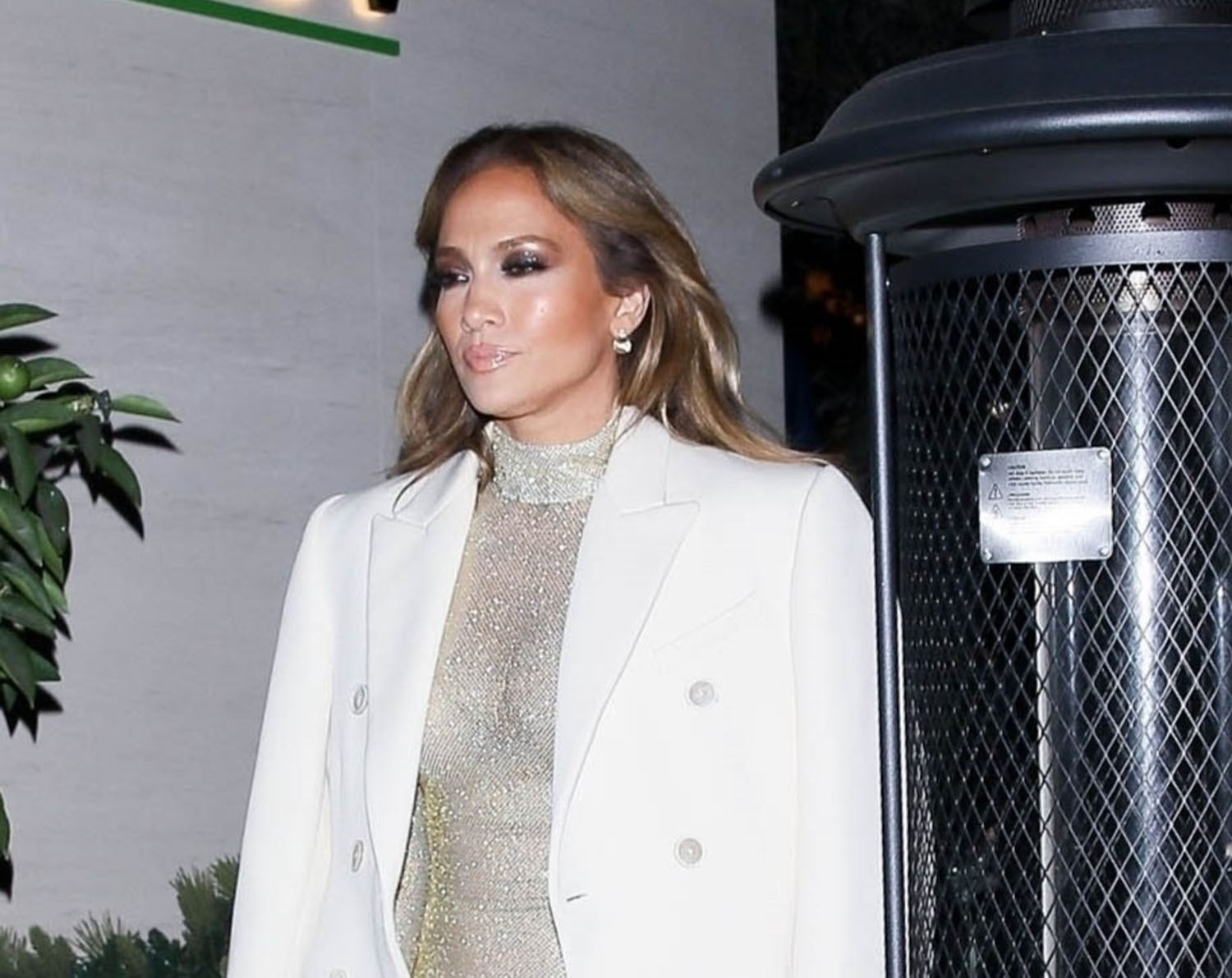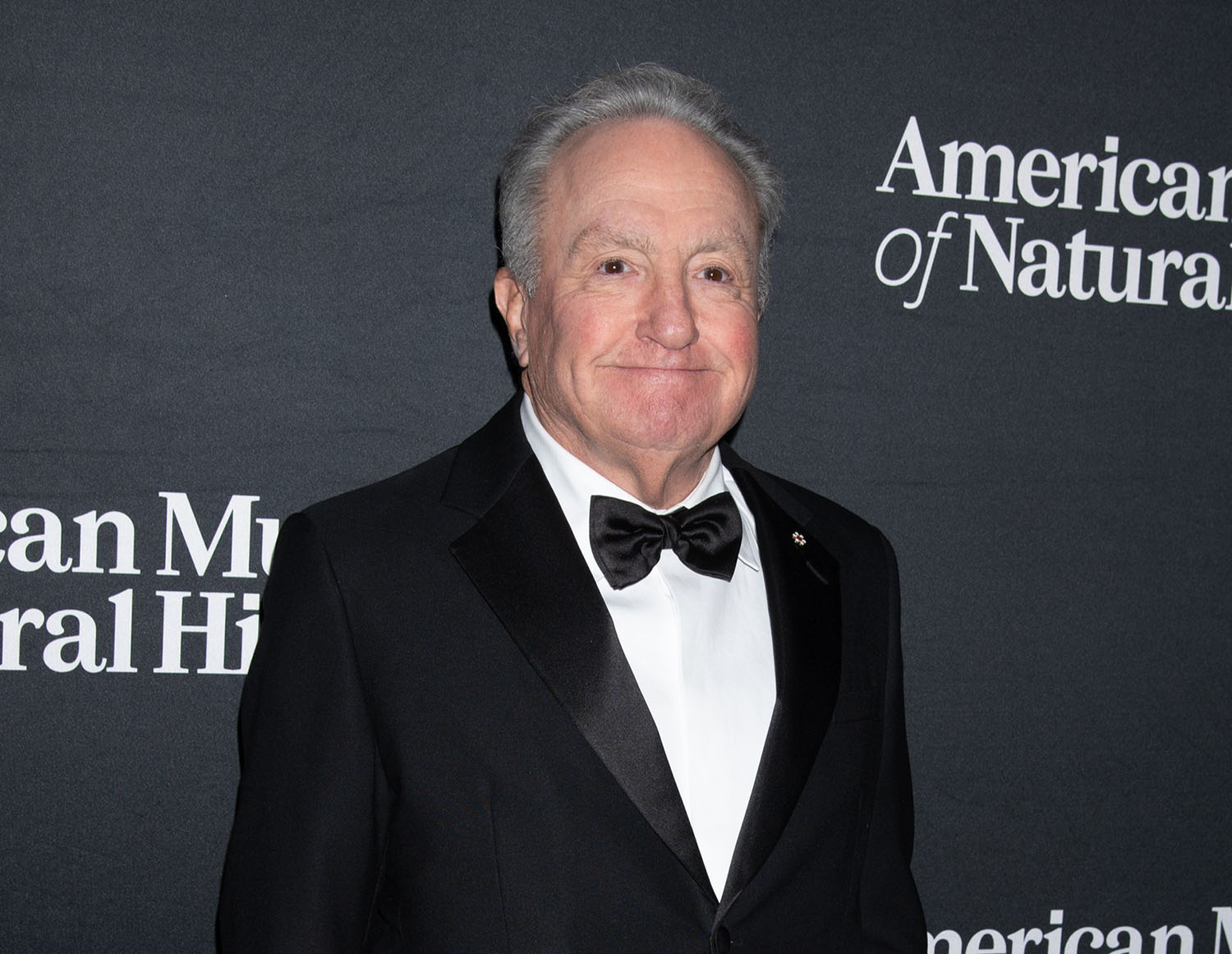Jude Law and Nicholas Hoult in The Order


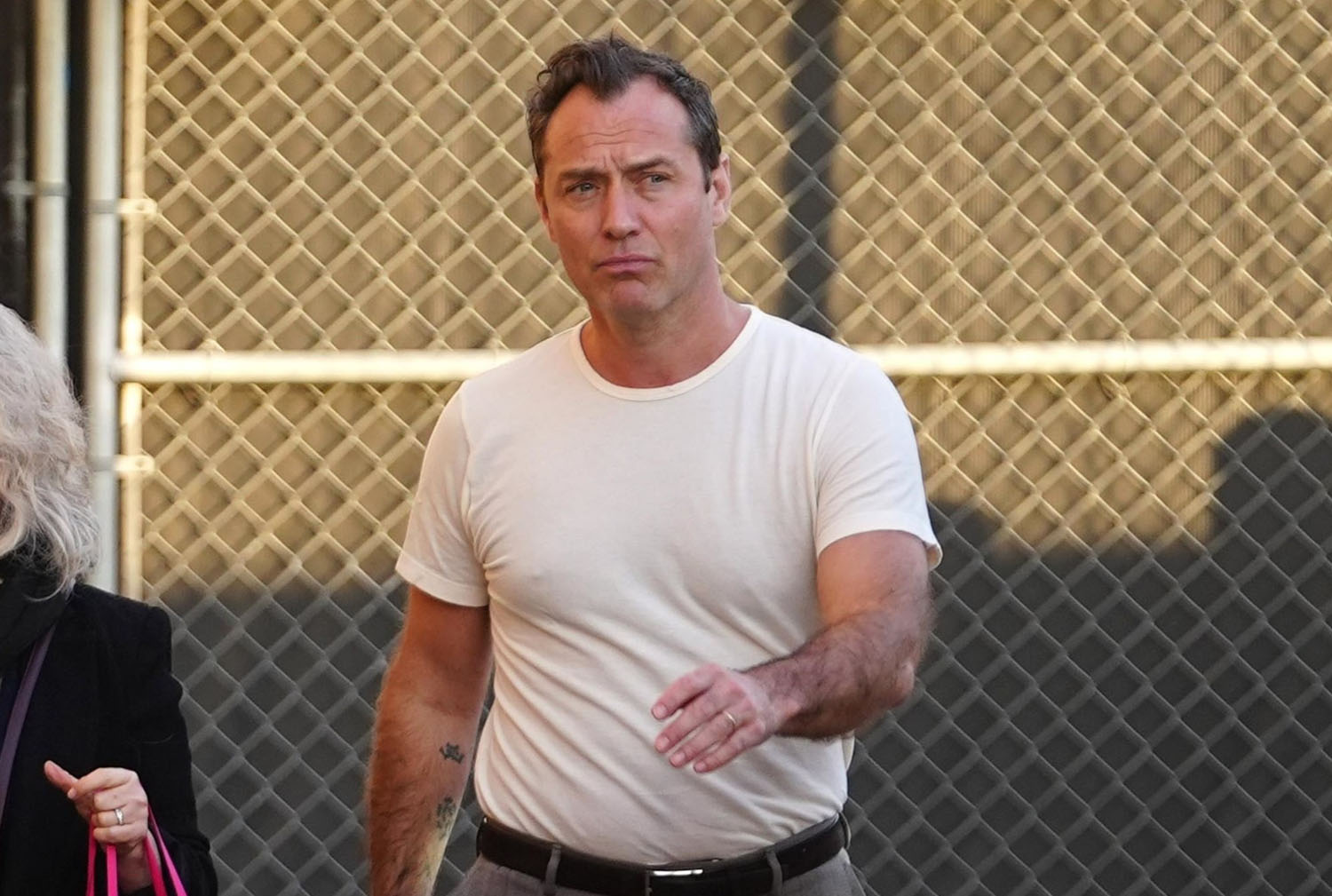
Australian filmmaker Justin Kurzel has carved out a niche directing taut psychological thrillers out of true crime stories, exploring less the deeds done than the circumstances that drive men—and it is usually men in Kurzel’s lens—to commit them. With The Order, he turns his eye to America and its own outback, the primordial green of the Pacific Northwest, a place of staggering beauty and a bastion of white supremacy.
Kurzel rewinds to the early 1980s and the clash between the FBI and Aryan Nation splinter group The Order, led by the intermittently charismatic and, more importantly, highly organized Bob Mathews. The Order depicts the two years leading up to a fatal stand-off, framing this cat and mouse tale as both a warning and a prophecy of the inevitable outcome resulting from the festering poison seeping from the well of America’s original sin.
Nicholas Hoult stars as Bob Mathews, his face alarmingly fresh, his rhetoric appalling. This is the second time Hoult has worked with Kurzel, following The True History of Kelly Gang, and here Kurzel captures one of Hoult’s nerviest performances. Bob is contained, charming when he needs to be, and utterly convinced “those people” have stolen “his” country from him. His conviction isn’t loud, rather than present Mathews as a blowhard, and thus make him easy for the audience to dismiss as “not like me”, Bob is almost aggressively normal. He’s just a simple man helping his buddies find work. Meanwhile, he’s got a wife and a girlfriend on the side, a young son in one home, expecting a baby in the other. The ease with which he betrays his Christian morals is both repugnant and wholly consistent—for Bob, blood is everything, and his son is adopted, which means he needs to sire a child of his blood outside his home. The hypocrisy would be funny were it not for all the murders.
On the other side of the line is Jude Law as FBI agent Terry Husk, a composite character whose name is a deliberate choice. Terry is burnt out and recovering from open-heart surgery, a shell of who he once was, ordered to “take it slow” and so sent to a backwater office in Cour d’Alene, Idaho. There, Terry finds beautiful unspoiled forests, and a constant undercurrent of white supremacy all around him. There are fliers and pamphlets everywhere, and an Aryan Nation cult-camp in them thar hills, and everyone is reading The Turner Diaries. Terry’s specialty is organized crime, but he doesn’t think the series of bombings and bank robberies plaguing the Pacific Northwest is mob activity, and instead focuses on the white supremacist groups percolating in the area.
The Order’s most electric scene is the Heat-like moment when Bob and Terry cross paths, each playing a part and feeling the other out. Law and Hoult are so good together it makes you wish for more of Terry and Bob talking about anything except what they’re actually talking about, but Terry spends most of his time with a shiny young deputy named Jamie (Tye Sheridan), a local boy who knows some of the men who got sucked into Bob’s wake. Jurnee Smollett also stars as an FBI agent, and Marc Maron appears as radio host Alan Berg, who was assassinated by The Order. The cast is excellent, and as you can always expect from Justin Kurzel, the acting is top notch.
But where The Order really shines is in the writing, courtesy a script by Zach Baylin (adapted from Kevin Flynn and Gary Gerhardt’s book, The Silent Brotherhood). The Order is incredibly efficient, covering two years in a crisp two hours, condensing events to give a clear sense of how The Order operates and how Bob is able to recruit people to his cause, mostly by targeting disaffected young white men. This is the real power of The Order, this story is forty years old, and yet every other word out of Bob’s mouth sounds like some far-right dickhead today. These issues are not new, and simply by telling this story well, Kurzel and Baylin draw a straight line from then to now. They also don’t let anyone off the hook, Terry’s a walking catastrophe of a human, Bob is a black hole eating away at everyone around him, the women are willing to subjugate themselves for a sense of safety and borrowed power, and anyone with a remote spark of goodness probably ends up dead.
The Order is a damn good movie very well made—Adam Arkapaw’s cinematography is breathtaking, whether it’s beauty shots of the environment or just cars driving down roads—and it works purely as spectacle. It’s tense, it’s thrilling, it’s entertaining. But it’s also a stark reminder that wounds left to fester inevitably rot, and this particular poison has been with us since the very beginning. People like Terry Husk can chip away at it, but given where we are today, treading the exact same water, Kurzel’s film plays less like an entertainment and more like a cautionary tale.
The Order is now playing exclusively in theaters.

